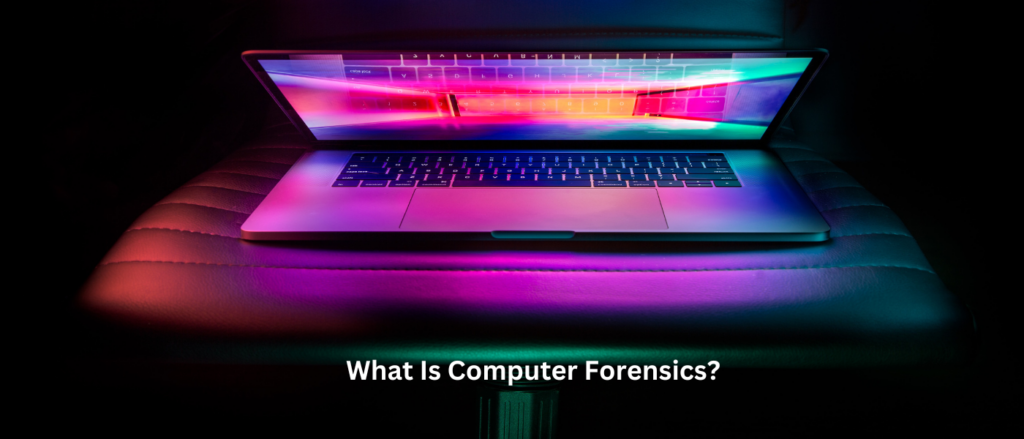Cyber security is not just a technical issue, but a business one. It affects your reputation, your customer trust, your legal compliance, and your bottom line. Cyber attacks can cause significant damage to your data, systems, and operations, and expose you to legal and regulatory risks. That’s why it’s important to ask yourself some key questions about your cyber security posture and take action to improve it.
Here are five questions that every business should ask themselves about cyber security, and some tips on how to answer them.
1. How do we manage cyber security risks?
Cyber security risks are the potential threats and impacts that could affect your business as a result of cyber attacks. You need to identify, assess, and prioritise these risks, and implement appropriate controls to mitigate them. This is called risk management, and it’s a vital part of cyber security.
Risk management helps you to:
- Understand your assets, such as data and systems, and their value to your business
- Identify the threats and vulnerabilities that could compromise your assets
- Assess the likelihood and impact of cyber incidents on your business objectives and operations
- Implement controls to reduce the risks to an acceptable level
- Monitor and review the effectiveness of your controls and adjust them as needed
Risk management is not a one-off activity, but a continuous process that should be aligned with your business strategy and objectives. You should also involve your senior management and stakeholders in your risk management decisions, and communicate them clearly to your staff and customers.
2. How do we engage and train the team on Cyber Security?
Your team is your first line of defence against cyber attacks, but also your weakest link if they are not aware or trained on cyber security. Human error, negligence, or malicious insider actions can cause or worsen cyber incidents, and expose your business to legal and reputational consequences.
That’s why you need to engage and train your staff on cyber security, and foster a culture of cyber resilience. This means:
- Providing regular and relevant cyber security awareness and education programmes for your staff, covering topics such as password management, phishing, malware, data protection, and incident reporting
- Testing and evaluating your team’s cyber security knowledge and behaviour, and providing feedback and incentives for improvement
- Establishing clear and enforceable cyber security policies and procedures, and ensuring your team comply with them
- Empowering your team to take ownership and responsibility for cyber security, and encouraging them to report any issues or concerns
- Supporting your team to work securely, especially if they are working remotely or using personal devices
3. How do we secure our data and systems?
Your data and systems are your most valuable assets, and you need to protect them from unauthorised access, corruption, theft, or damage. This requires implementing technical controls that follow the principles of secure configuration, access control, malware protection, patch management, and encryption.
These controls help you to:
- Configure your computers and network devices to reduce vulnerabilities and only provide necessary services
- Control who and what can access your data and systems, and use strong authentication and authorisation mechanisms
- Protect your data and systems from viruses, ransomware, and other malicious software, and use antivirus and firewall software
- Keep your data and systems updated and patched, and fix any known security flaws or bugs
- Encrypt your data in transit and at rest, and use secure communication channels
These controls are the core elements of the Cyber Essentials scheme, a UK government-backed certification that helps you to guard against the most common cyber threats. By achieving Cyber Essentials, you can demonstrate to your customers, suppliers, and partners that you take cyber security seriously and have implemented the best practices.
4. How do we monitor and respond to cyber incidents?
Despite your best efforts, you may still experience cyber incidents, such as data breaches, denial-of-service attacks, or ransomware infections. These incidents can disrupt your business operations, damage your reputation, and incur financial losses. That’s why you need to monitor and respond to cyber incidents effectively and efficiently. Cyber Incident Response is a good strategy to work on for your business, the National Cyber Security Centre (NCSC) provides a great introduction to what and how to plan your response to an incident.
Monitoring and responding to cyber incidents involves:
- Designing your systems to be able to detect and investigate any abnormal or suspicious activities or events
- Logging and analysing your system and network data, and using tools such as intrusion detection and prevention systems, security information and event management systems, and threat intelligence platforms
- Establishing an incident response plan that defines the roles and responsibilities, processes, and procedures for handling cyber incidents
- Preparing your resources and capabilities, such as incident response teams, tools, and communication channels, for dealing with cyber incidents
- Executing your incident response plan, and following the steps of containment, eradication, recovery, and restoration
- Reporting and disclosing any cyber incidents to the relevant authorities, regulators, customers, and stakeholders, as required by law or contract
- Reviewing and learning from your incident response, and identifying and implementing any lessons learned or improvement actions
5. How do we collaborate with our suppliers and partners on cyber security?
Your business does not operate in isolation, but in a complex and interconnected ecosystem of suppliers, partners, customers, and other stakeholders. Your cyber security depends not only on your own efforts, but also on the efforts of your suppliers and partners. If they are not secure, you are not secure.
Therefore, you need to collaborate with your suppliers and partners on cyber security, and ensure that they meet your cyber security standards and expectations. This means:
- Assessing and verifying the cyber security posture and practices of your suppliers and partners, and conducting regular audits and reviews
- Establishing and enforcing clear and consistent cyber security requirements and expectations in your contracts and agreements with your suppliers and partners
- Sharing and exchanging cyber security information and intelligence with your suppliers and partners, and alerting them of any potential or actual cyber threats or incidents
- Providing and receiving cyber security support and assistance with your suppliers and partners, and coordinating your cyber security efforts and activities
- Evaluating and improving your cyber security performance and outcomes with your suppliers and partners, and seeking feedback and suggestions
Cyber security is a shared responsibility that extends from the boardroom to every employee. By regularly asking these five questions and incorporating the principles of Cyber Essentials, businesses can create a resilient cyber security posture that not only safeguards sensitive information but also ensures the long-term success of your business. If you would like extra assistance with identifying how to improve Cyber Security in your business contact us and we will be happy to help.





